MSc Irena Paszkiewicz (Faculty of Management) was representing BU students at the first World Leisure Congress on the African continent which was hosted by the Leisure and Recreation Association of South Africa (LARASA) in Durban, from 27 – 30 June 2016. Bournemouth University was also represented by two members of academic staff, Dr. Lenia Marques and Dr. Dorothy Fox.

The aim of the 2016 WLO Congress was to explore “Challenges, Choices and Consequences” by creating a platform for professionals from diverse fields to interact, share and present a context for leisure services and opportunities. Speakers and delegates represented many countries, communities and academic fields. The benefits of leisure has been widely documented and the congress highlighted the importance of an integrated approach using leisure services to improve the human condition, transform spaces and boost the econ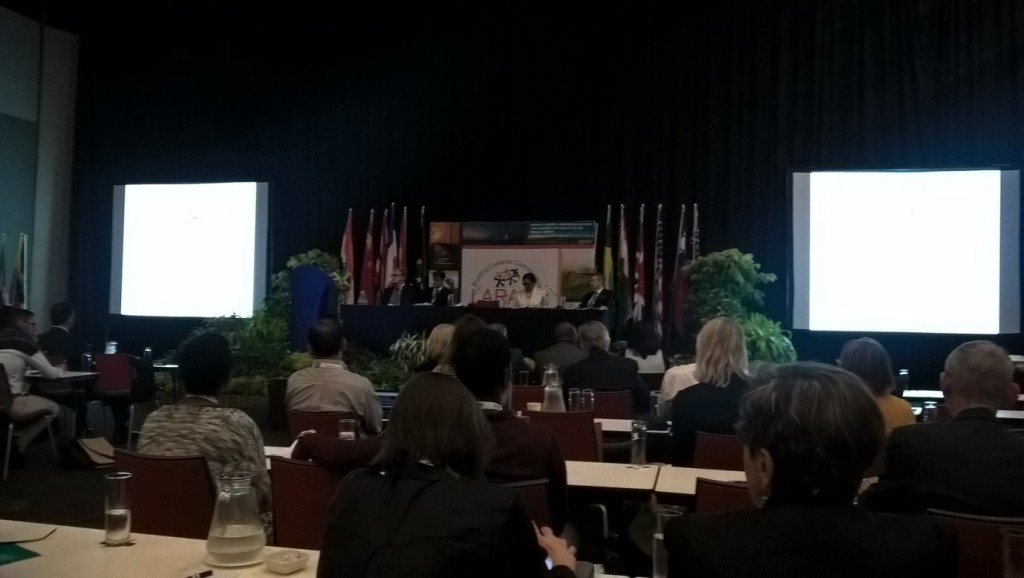 omy (www.larasa.org.za).
omy (www.larasa.org.za).
Irena presented her MSc research, supervised by Dr. Lorraine Brown, with the topic “Food as a Leisure Social Practice among Polish Immigrants in the UK’, receiving positive feedback. The event also served as a good platform for Irena to increase her network around these topics (in the photo, Irena with Maliga Naidoo – President of Larasa and Chair of 2016 WLO Congress and Prof. Miklos Banhidi, responsible for many youth-related projects worldwide).
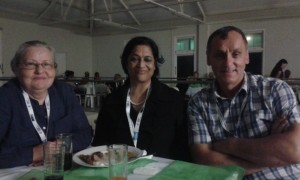
Another important part of the experience, was the interaction with the international field school (with students from South Africa, Canada, Brazil and The Netherlands) about the Green Hub Project in Inanda Dam. The project involved a range of cultural tourism and ecotourism products in the area. The field school students, hosted by the Durban Gr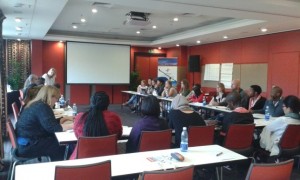 een Corridor (DGC), organization that offers adventure and eco tours along the uMngeni River Valley, presented their recommendation for the Inanda community development at the congress.
een Corridor (DGC), organization that offers adventure and eco tours along the uMngeni River Valley, presented their recommendation for the Inanda community development at the congress.
Finally, on the 2nd of July Irena visited Durban July Races, a very colourful and important event in South Africa. This allowed the close involvement to research and data collection of a project lead by Dr Lenia Marques on the social dimensions of the event experience.
Altogether, it was a very challenging and valuable experience which hopefully will add to Irena’s future research work, but also professional and personal skills. This professional journey was only possible with the support of Global Horizons Fund from Bournemouth University.
(text by Irena Paszkiewicz)



 The UK Research Office (UKRO) is the European office of the UK Research Councils. It delivers a subscription-based advisory service for research organisations (in the main UK HEIs) and provides National Contact Point services on behalf of the UK Government. UKRO’s mission is to maximise UK engagement in EU-funded research, innovation and higher education activities. One way UKRO supports this mission is through the annual conference.
The UK Research Office (UKRO) is the European office of the UK Research Councils. It delivers a subscription-based advisory service for research organisations (in the main UK HEIs) and provides National Contact Point services on behalf of the UK Government. UKRO’s mission is to maximise UK engagement in EU-funded research, innovation and higher education activities. One way UKRO supports this mission is through the annual conference.
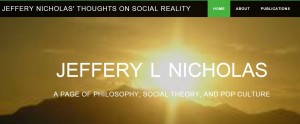
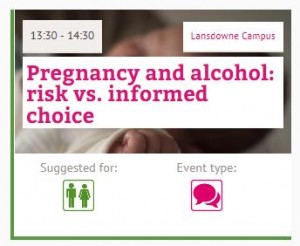
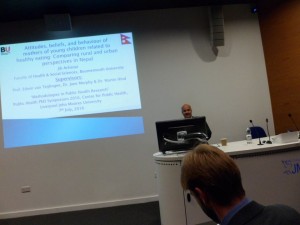

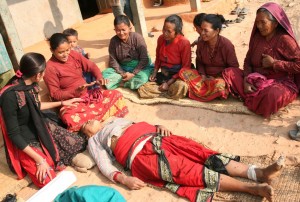
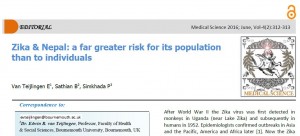
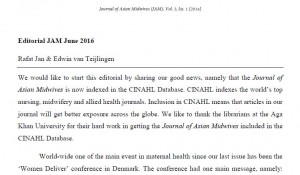
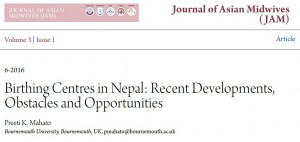
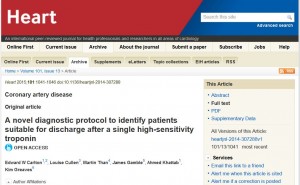
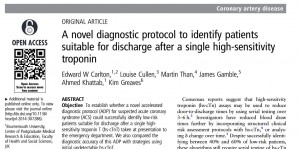
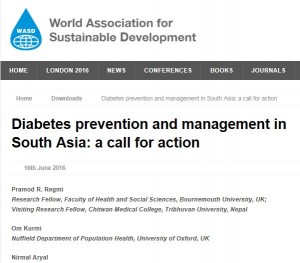
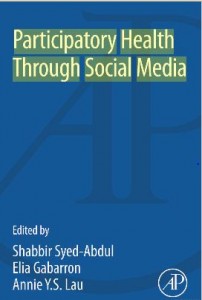
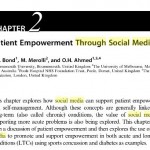
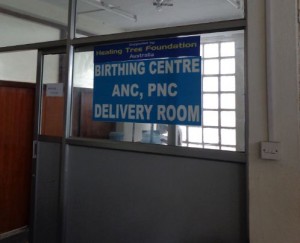
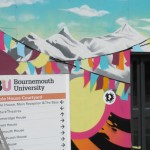
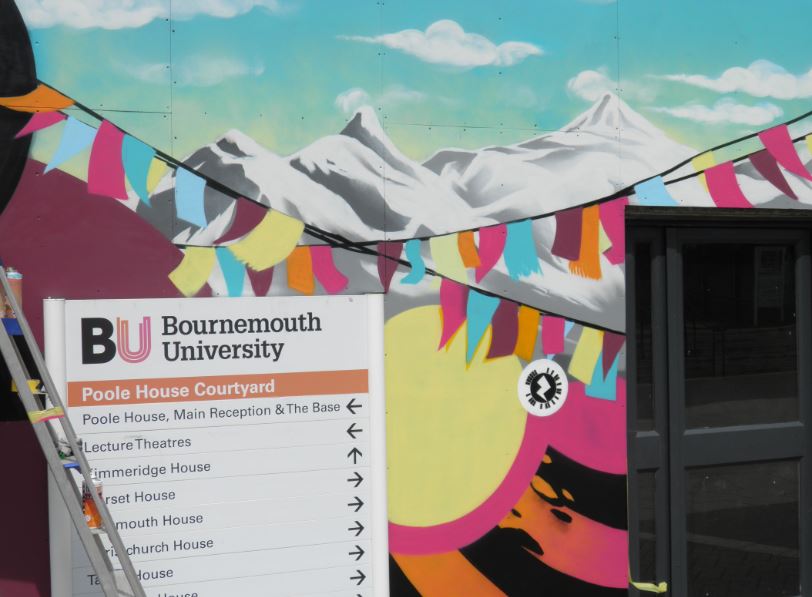
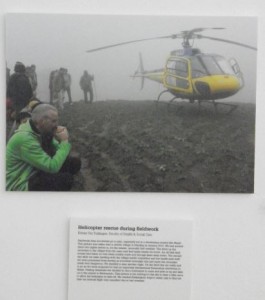
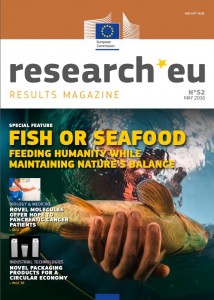
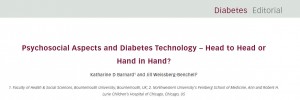
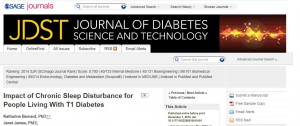
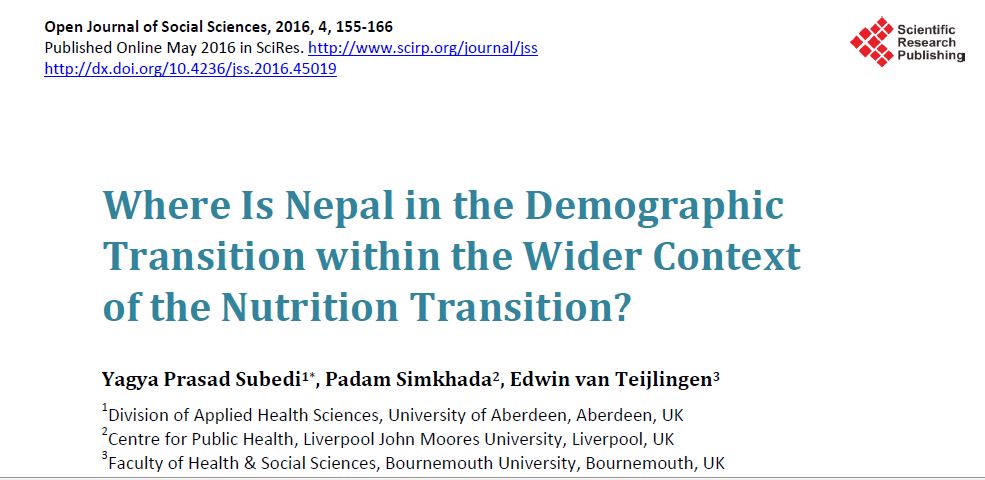











 Beyond Academia: Exploring Career Options for Early Career Researchers – Online Workshop
Beyond Academia: Exploring Career Options for Early Career Researchers – Online Workshop UKCGE Recognised Research Supervision Programme: Deadline Approaching
UKCGE Recognised Research Supervision Programme: Deadline Approaching SPROUT: From Sustainable Research to Sustainable Research Lives
SPROUT: From Sustainable Research to Sustainable Research Lives BRIAN upgrade and new look
BRIAN upgrade and new look Seeing the fruits of your labour in Bangladesh
Seeing the fruits of your labour in Bangladesh ECR Funding Open Call: Research Culture & Community Grant – Apply now
ECR Funding Open Call: Research Culture & Community Grant – Apply now ECR Funding Open Call: Research Culture & Community Grant – Application Deadline Friday 12 December
ECR Funding Open Call: Research Culture & Community Grant – Application Deadline Friday 12 December MSCA Postdoctoral Fellowships 2025 Call
MSCA Postdoctoral Fellowships 2025 Call ERC Advanced Grant 2025 Webinar
ERC Advanced Grant 2025 Webinar Update on UKRO services
Update on UKRO services European research project exploring use of ‘virtual twins’ to better manage metabolic associated fatty liver disease
European research project exploring use of ‘virtual twins’ to better manage metabolic associated fatty liver disease